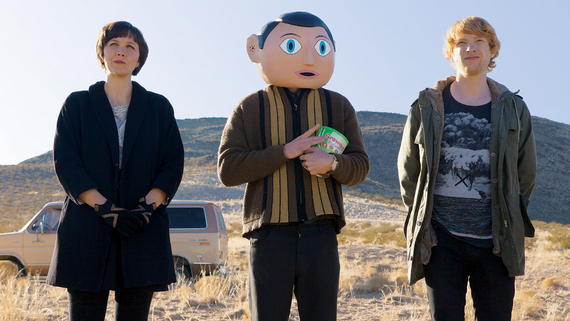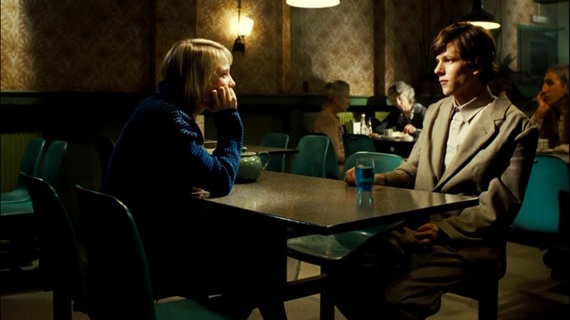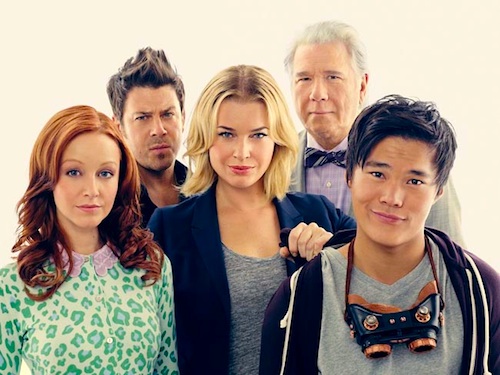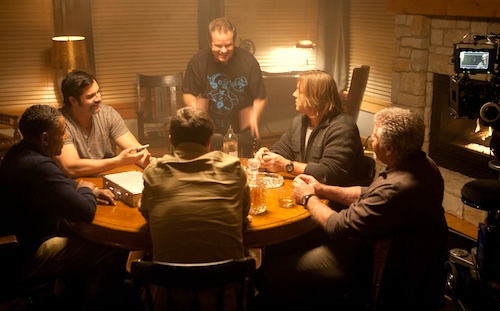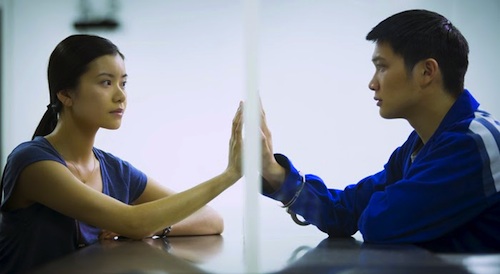[Editor’s note: the post below appears today at The Huffington Post.]
It’s the kind of thing you probably missed over Thanksgiving dinner, while gnawing on a turkey leg, bickering with your uncle, or falling asleep during a Detroit Lions game: the Miami Marlins just signed an outfielder to a $325 million deal, the largest contract in sports history.
You read that correctly: $325 million. That’s Hunger Games money, Transformers money. It’s the kind of figure you associate with World Bank loans or Rolling Stone comeback tours. Apple needs at least a day to make that kind of cash.
The young outfielder, named Giancarlo Stanton – no, I hadn’t heard of him, either – apparently hit .288 with 37 home runs last season. (Note to Marlins: those were roughly my numbers playing T-ball in 5th grade.) Stanton later celebrated his deal in a Miami nightclub with a $20,000 bottle of champagne coated in 22-carat gold leaf. I don’t know whether he kept the bottle.
It says something about baseball today that a guy you’ve never heard of – again, he plays for the Marlins – can be signed for $25 million per year over 13 years. Frankly, it’s probably a bad deal for the Marlins – especially if the names Albert Pujols, Alex Rodriguez or Josh Hamilton ring a bell. Players paid more than they’re worth – more than some national economies are worth – rarely stay motivated purely by love of the game.
Love of the game. That’s what sports are supposed to be about, isn’t it?
When you think about love of the game, you think of Lou Gehrig – the Iron Horse – playing in 2,130 straight games until his body gave out from ALS. Or Pete Rose, aka Charlie Hustle, barreling over Ray Fosse in the 1970 All Star game to secure a seemingly meaningless win. Or Kirk Gibson, gamely limping around the bases after hitting his clutch home run in the 1988 World Series.
And you should also think of the Portland Mavericks, the subject of a wonderful new documentary called The Battered Bastards of Baseball that premiered this past year at Sundance and is currently showing on Netflix.
My writing partner Govindini Murty and I caught Battered Bastards at Sundance and also at this year’s Los Angeles Film Festival. At the Sundance screening we had the chance to speak to Kurt Russell, who’s interviewed in the film, along with his nephews Chapman Way and Maclain Way, Battered Bastards‘ co-directors.
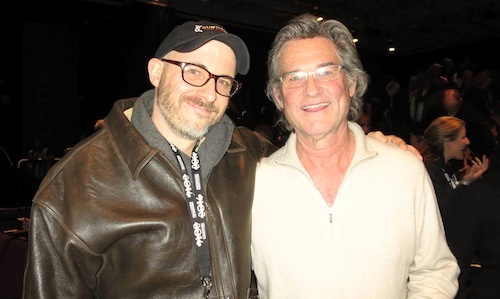
The Mavericks – an independent, Class A minor league baseball team between 1973-77 – were the brainchild of Bing Russell, the actor best known for playing deputy sheriff Clem on TV’s Bonanza. A hugely colorful showman with a fast wit (“I played Clem for 13 years on Bonanza and never solved a case”), Russell appeared in countless film and TV westerns, and made a career of getting killed on camera – most notably in Howard Hawks’ Rio Bravo and John Ford’s The Horse Soldiers.
Of course, Russell is best known today as the father of Kurt Russell, who himself played for the Mavericks in 1973.
As Battered Bastards relates, Bing served as a bat boy for the mighty New York Yankees between 1936-41, when he got to know legends of the game like Joe DiMaggio, Lefty Gomez and Lou Gehrig (who gave young Bing his bat after hitting the final home run of his storied career). Although Bing later tried his hand at pro baseball, an injury cut short his career – leading him to try an acting career in Hollywood.
His love of baseball never left him, however – so when his acting career stalled in the early 1970s, Russell jumped at the opportunity to bring pro baseball to Portland in 1973 after the prior team left town.
“Baseball was a big part of our family,” Maclain Way told us. “Kurt, our uncle, played professional baseball. Bing, himself, played professional baseball. We had cousins who played major league baseball, so baseball was a huge part of our life growing up. I played baseball in high school because of Bing – he taught me how to play.”
The upstart Mavericks would become a team like no one had seen before – totally unaffiliated with any big league franchise, and filled to the brim with misfits and rejects – a scrappy, real life Bad News Bears squad.
“He had a great eye for ball players,” Kurt Russell told us, speaking warmly of his father. “We knew we could put a competitive team together.”
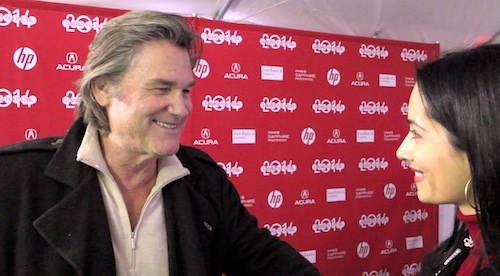
Managed by restaurant owner Frank “The Flake” Peters, the Mavericks’ roster of wild characters would include: a shaggy, 33 year-old high school English teacher named Larry Colton (who’d later be nominated for a Pulitzer Prize); 38 year-old ex-Yankee Jim “Bulldog” Bouton (who’d been blackballed from baseball after writing a wild tell-all memoir); Joe Garza (aka “JoGarza”), a madman utility player who waved flaming brooms when the Mavericks swept opposing teams; Rob Nelson, who invented Big League Chew bubble gum in the Mavericks’ bullpen; star outfielder Reggie Thomas, who took a limo to games even though he lived only a block from the stadium; and fiery batboy Todd Field, who once got tossed from a game, and later became an Academy Award-nominated writer-director.
And, of course, there was Kurt Russell. “I got injured [playing minor league baseball in Texas], so I had the opportunity to go to Portland and help them get the ball club started,” Russell told us.
“It was just a time in my Dad’s life where I was really happy he was involving himself in something completely new,” says Russell. “It was a big part of our lives.” Continue reading LFM’s Jason Apuzzo & Govindini Murty at The Huffington Post: For Love of the Game: Talking with Kurt Russell About The Battered Bastards of Baseball
